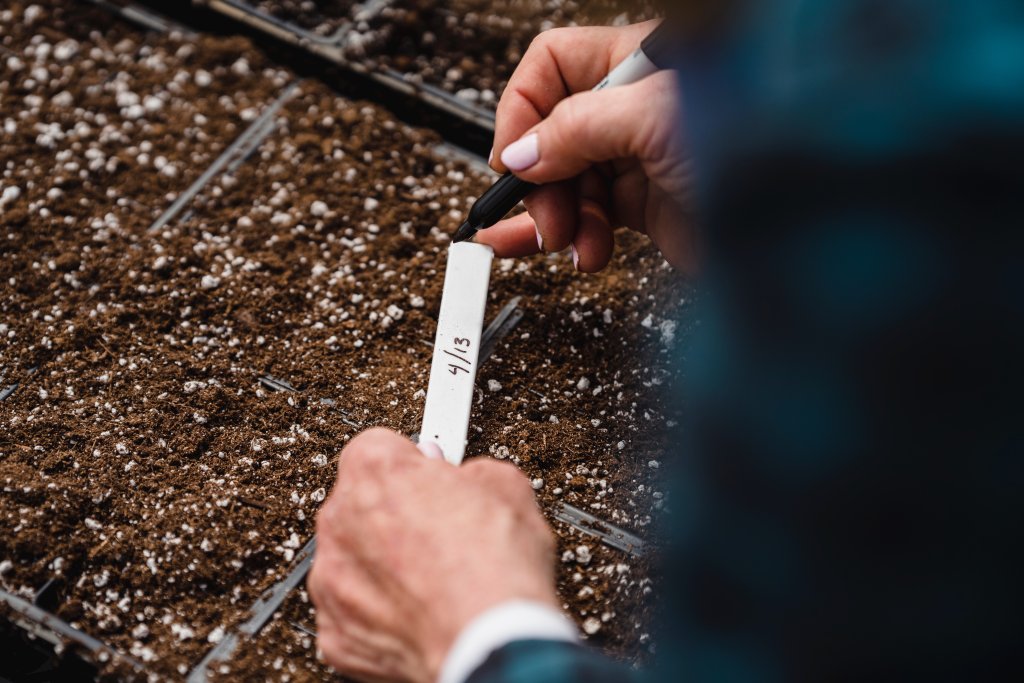You just bought a new house with a very spacious lawn. Naturally, one immediate thing that enters your mind is your landscaping plan. How can you beautify your new garden, and what plants will you grow?
However, you’re missing one key component in your landscaping plans: the soil. A spacious area for your garden won’t matter if you don’t have the type of soil adequate for growing plants. All the effort you’ll put into planning and planting will just go to waste if you don’t have good soil to start with.
In gardening, the first thing you need to do is to check the structure and components of your soil. There are various ways to do this, including sending soil samples to a laboratory or testing the soil by yourself via a soil test kit. If you want to know more about at-home soil test kits, click here.
This begs the question of which between a professional soil testing lab and a DIY (do-it-yourself) soil test kit you will use to test your soil. Before we answer that, let’s first analyze the makeup of good soil.
Components of a Good Soil
Good or healthy soil is composed of different elements that make it a suitable home for plants. Here are several components that you need to look for when testing healthy soil:
1. Adequate pH level
Your soil should not be too acidic or alkaline; it should be close to neutral for your plants to grow. For the most part, soil ranges from 5 to 9 in terms of pH level. Soil with a pH level of 6.5 to 7 should be suitable for most kinds of plants.
2. Minerals
Another component of healthy soil is its mixture of minerals. Soil can have three essential minerals: nitrogen, phosphorus, and potassium. Other minerals that could be important for soil include carbon, calcium, manganese, and sulfur.
3. Water
Does your soil have regular and easy access to water? As is the case in all living things, water is essential in making your soil healthy and habitable. You also need to keep in mind that plants have varying needs for water — some you need to water every day, and others you just have to water once or twice a week.
4. Organic matter
You don’t need a whole lot of fertilizers if your soil has steady access to organic matter. The microorganisms in your soil will break down various types of organic matter like leaves, compost, sticks, mulch, and animal feces.
5. Oxygen
Did you know that half of a healthy soil’s volume is accounted to pore space filled with oxygen? Just like the essence of water, oxygen is also something that healthy soil should have.
Is a Professional Better than a Soil Test Kit?
A soil test kit presents an immediate solution to your needs. It is cheaper, quicker, and more accessible. However, is a soil test kit accurate enough to produce results that you can rely on?
For the most part, a soil test kit accurately checks your soil’s pH level. As mentioned above, your soil’s pH level should range between 6.5 to 7 for it to be a suitable environment for your plants.
On the other hand, a soil test kit may not be accurate in testing the presence of different minerals in your soil. That’s where a professional soil testing laboratory comes in, as they have the technology and equipment to see the more specific components in your soil.
Overall, an at-home soil test kit can be a viable solution if you just want to check the pH level of your soil. However, in the case of very big lawns and agricultural spaces, sending soil samples to a professional laboratory is recommended.

